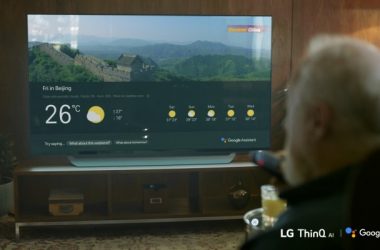
Mozilla has launched a software project designed to let people better manage the voluminous stream of messages coming from sources such as Twitter and Facebook into their e-mail.
Raindrop is not another e-mail client, however, said Bryan Clark, the design lead for Mozilla messaging. Mozilla describes it as a "mini Web server" that is installed on a PC and collects conversations and messages from a variety of sources and then intelligently sorts them.
The purpose of Raindrop is to allow people to have a clearer view of the messages they’re getting. It also will prevent personal messages from being obscured in an e-mail box among, for example, a morass of Facebook or Flickr notifications. It will also be able to handle notifications from YouTube, blogs and RSS (Really Simple Syndication) feeds.
"E-mail was already overloaded" even before Web services such as social networks started sending updates to users, said Clark in a video posted to the Raindrop Web site.
Clark gives the example of an advertisement from an airline, for instance, that pushes "a message from my mom out of the way," when the latter message is clearly more important than the former.
Raindrop "intelligently separates the personal messages from the bulk," Clark said. Direct messages and replies on Twitter, for example, are more like e-mail than other bulk messages sent on Twitter. Raindrop will separate those direct messages and replies.
Messages from mailing lists are also listed separately from personal messages, along with those from other Web services such as Amazon.com or eBay. Users can decide where they want certain types of notifications to appear.
Raindrop will also be a platform on which other developers can build. "At the same time, it creates a programming interface (API) that helps designers and developers extend our work and create new systems on top of that data," according to Raindrop’s Web site. "We aren’t trying to invent new protocols or build new messaging systems, rather focusing on building a product that lets users get a handle on the systems we already use."
Raindrop’s mini Web server is accessed through a browser, and Mozilla intends to make it compatible with any browser that can support Open Web Foundation projects, an organization dedicated to creating a legal framework for nonproprietary Web specifications. The source code is being released under a Mozilla Public License.
Two iterations of Raindrops have been built with different designs. More designs will be uploaded to the Raindrop Design Flickr group. So far, there is no installer, but that is a near-term goal. People are advised to carefully read the install notes before trying to run Raindrop.
"If you’re a developer or just have lots of patience you could grab the source code, follow the instructions and get Raindrop up and running," Clark wrote on his personal blog.
Mozilla describes it as a “mini Web server” that is installed on a PC and collects conversations and messages from a variety of sources





